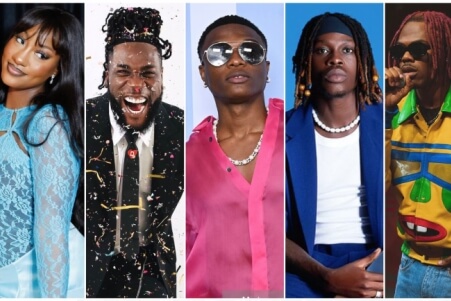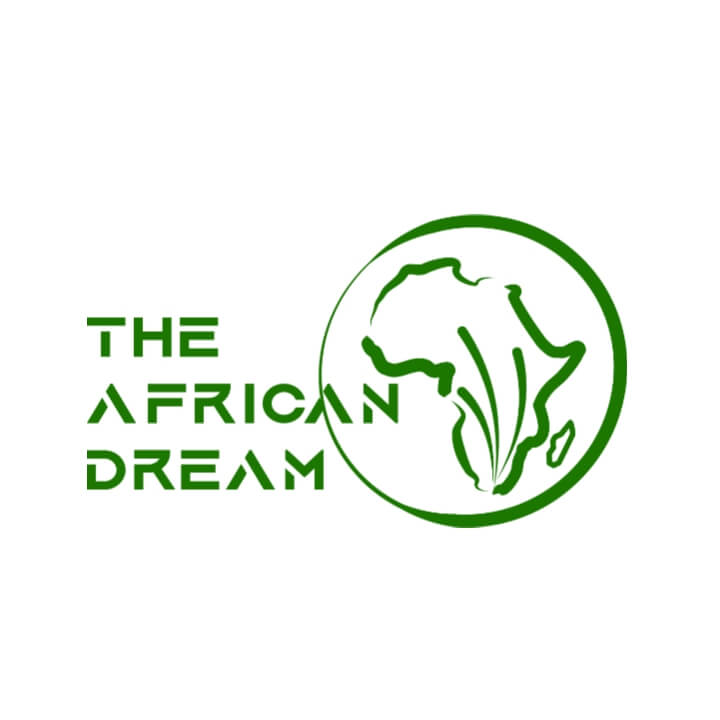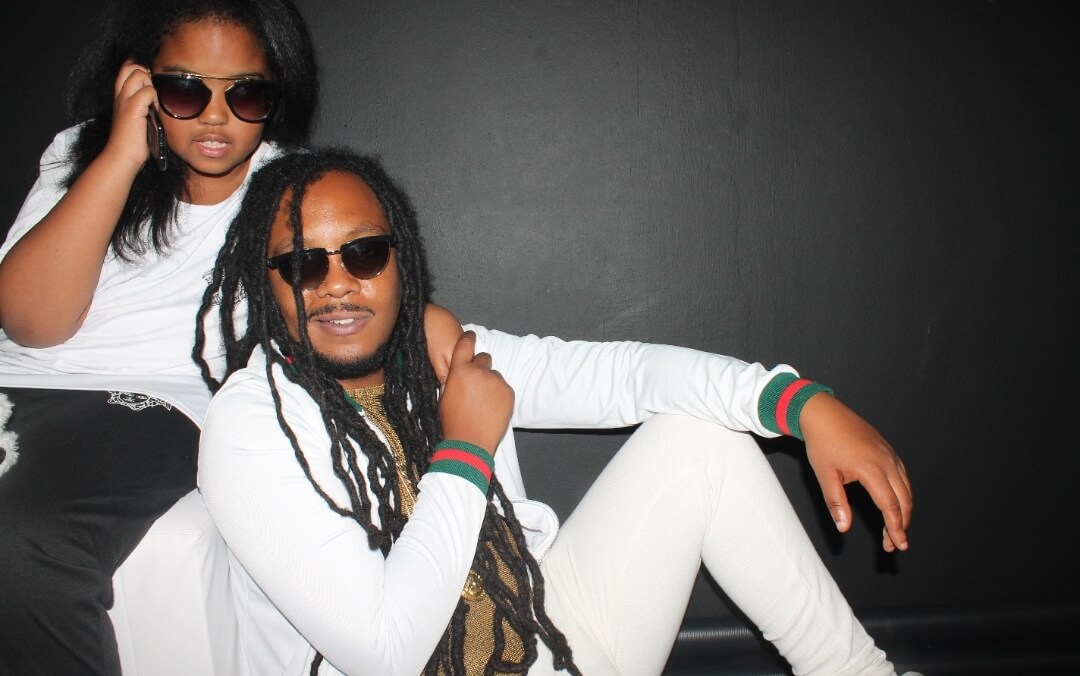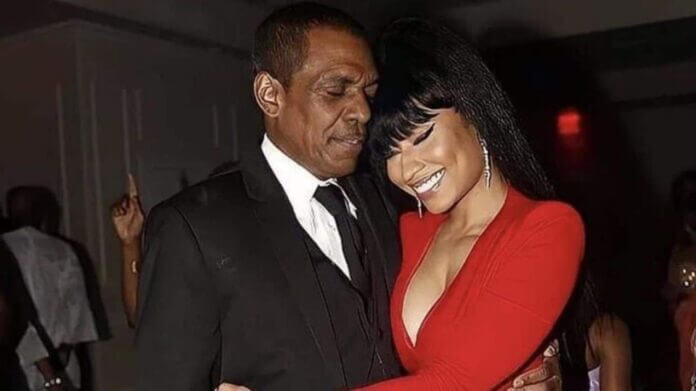Afrobeats artists and mental health

Mental health discourse is practically non-existent in African culture. Even more so in the afrobeats and African music industry where it seems to be all about fun and good vibes. However, it’s not always sunshine and rainbows for artists that create the genre.
While these songs have the ability to lift our mood and get us dancing, forgetting our worries on the dancefloor, depression and mental health struggles lurk in the background of the lyrics.
The devil is in the lyrics
In 2022, Omah Lay’s So So topped the charts in Nigeria, five months after release. Many created dances to the upbeat tune but failed to explore the depth beneath the lyrics. Omah Lay sings about the emotional distress and pain he suffers in the tune. He mentions alcohol abuse and sex as a way of coping.
In a Britney-esque moment he mentions cutting off his iconic locs in the same song. This is not the first time Omah Lay has addressed dealing with mental health issues. In fact, it’s become the norm for him that afrobeats fans have labelled his music “afro-depression”.
I poto poto my eyes
Ten shots
High rise
Touch God
I cryOffshore
Cut my dreadlocks
Girlie, me, I don pray
Maami, I don break commandment
Lyrics are often sidelined for instrumentation in Afrobeats. And because the production sounds fun, people tend not to pay attention to the lyrics. Tems a Nigerian musician who has recorded with Drake, Future and Beyonce falls into this category.
In 2021 as travel bans from COVID listed and people began travelling Tems’ 2020 single ‘Free Mind’ became a soundtrack to vacation reels, TikToks and content pieces. The mellow bounce and her soothing vocals were perfect against the beach videos and blue skies. What was overlooked however were the chilling lyrics of her trying to get a hold of her mental health.
I said, “Five in the morning”
I wake up to fight for my earnings
The fear in my mind is a warning
Praying to the one you rely in
I’ve been wandering all day
I try to be fine but I can’t be
The noise in my mind wouldn’t leave me
I try to get by but I’m burning
And behind my mind it runs
All these thoughts have troubled me
Fighting to give up my pain
Fighting to be on my lane
My mind running to the other side
When it’s time to live my life
Then it tries to take me out
Alcohol abuse as a coping mechanism
Joeboy’s Sip which has over 75 million streams on Spotify and topped over 12 charts on Apple Music falls under this category. While laced with the sweet melodies of afrobeats drums, Sip calls out alcohol abuse.
Too many distractions
Too many problem
I finna run away but na who go solve them?
Too many badman and not enough friends Lord save me, don’t wanna lose my conscience
I just wanna dance under the sunset
Make nobody stop my enjoyment oh, mhm (no, no, no)
No, no, no, no, no That’s why I sip my alcohol (ewe)
As a form of dealing with mental health, alcohol has become one of the most abused substances in music. And yet it has the least restrictions. It is actually lauded as a catalyst for a good time. In the music industry where partying and clubbing are part of the package, no one shies away from alcohol. As such, the conversation of alcohol abuse is barely discussed, if at all.
Mental health & touring
It is very easy for musicians to develop poor mental health. Take Kanye West, for example. He’s a huge star but had a tough time a few years ago during his tour. He was so exhausted and sleep-deprived that he had a mental breakdown and had to cancel the rest of his shows. It was a scary time for him, and it’s not just him – many artists face similar challenges.
Closer to home, KiDi a Ghanaian musician cancelled a US tour for a similar reason. In the lyrics to ‘I Lied,’ KiDi mentions putting on a brave face and coping with alcohol while in a bad mental state. Like most listeners and media, the crux of the issue was ignored and only surface-level lyrics were taken into consideration.
If I tell you say I’m okay, I lied
Everything I feel in my heart and soul
Oh as you see me so
I’m smiling
But I’m dead inside
Look into my eye you see the pain inside
I don’t wanna chill, I wanna stay inside If I show you my liver
You go take me to prayer
Don’t wait till I’m under
6 feet I’m gone
And dem go tell you he was strong, ooh
Dem go sing my songs, ooh
Make nobody call my phone
I’ve always been on my own, ooh
The role of the media
Artists often blatantly address their mental health issues in interviews and with the media. However, many media persons do not know the best way to address it or speak on it so it’s often glossed over. Very few are able to actually have the difficult conversation concerning mental health.
In a 2023 interview, Lojay admits to needing a therapist. The host of the show handled this conversation with such skillfulness and even relayed his own experience with therapy. A conversation not many in the afrobeats scene can make.
In a 2018 interview, Ghanaian musician Pappy Kojo mentioned a bout with depression. While the interviewer did throw a bit more light on the issue, the tabloids went another route. The tabloids focused on his relationships and random beef. More often than not many artists’ honesty about mental health is ignored.
Where music is their safe haven we will see this reflected in their lyrics and sometimes videos, but it’s sidelined as art, creating a vicious loop.
Steps towards better
One problem is that people often don’t take mental health seriously, especially in African culture. But that needs to change. We need to talk about it and understand that it’s okay not to be okay sometimes. The music industry can do its part by providing resources and counselling for artists who need it.
Record labels can also step up and take better care of their artists. They should provide health insurance that covers mental health care, as well as physical health. Platoon, an Apple-affiliated distribution company that is home to artists like Teni, and LadiPoe is one of the few that provide support to their clients should they need it.
They can also be more flexible with their expectations and schedules. Being an artist can be tough, especially with the pressure to always be on social media and in the public eye.
In summary, mental health is a significant issue that impacts individuals across all walks of life, including our beloved musicians. It is crucial that we engage in open discussions about mental health to break down the barriers and stigma surrounding it. The music industry has a vital role to play in supporting artists who may be experiencing mental health challenges.
By fostering a supportive environment and providing the necessary resources, we can ensure that artists are not only happy and healthy but also able to continue creating the music we cherish. It’s a collective effort that requires us all to come together and prioritize the well-being of our favourite artists.
IF YOU OR SOMEONE YOU KNOW IS STRUGGLING WITH MENTAL HEALTH, REACH OUT TO YOUR LOCAL MENTAL HEALTH AUTHORITY.
Source: Harmattanrain.com

This article is published by either a staff writer, an intern, or an editor of TheAfricanDream.net, based on editorial discretion.




